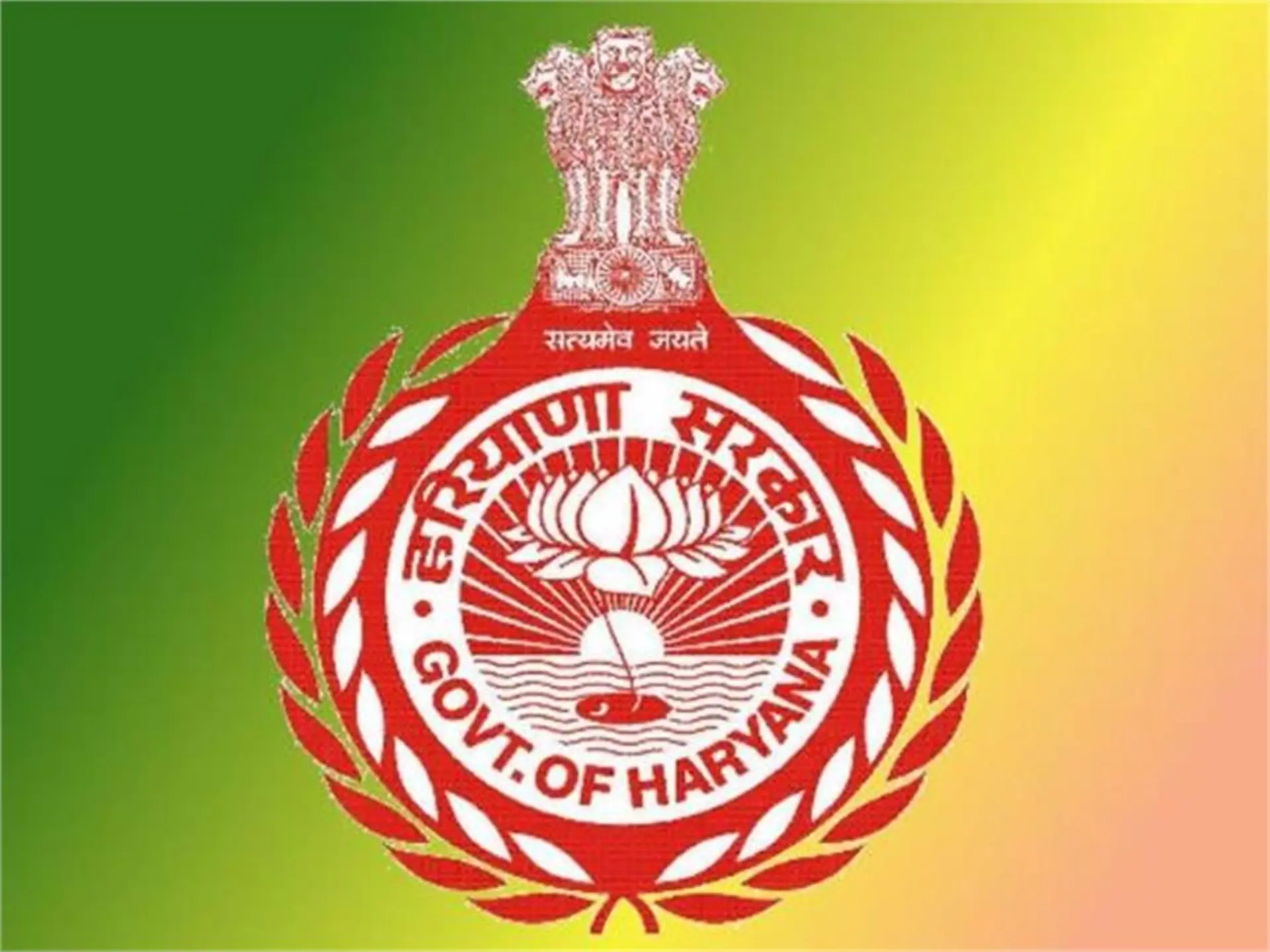
When India launched its precision strikes against terrorist camps in Pakistan and PoK on May 7, the operation's name itself carried a message as powerful as the military action: "Operation Sindoor."
Prime Minister Narendra Modi personally selected this name, creating a multilayered symbol that resonates deeply with both the immediate tragedy that prompted the strikes and India's centuries-old warrior traditions.
Honoring the Widows of Pahalgam
The name of the military operation - "Sindoor' directly acknowledge the pain of the 9 women who lost their husbands in the Pahalgam terror attack on April 22. Sindoor, the vermillion powder worn in the hair parting by married Hindu women, symbolizes their marital status. When a woman's husband dies, the removal of sindoor marks her transition to widowhood.
Among these women was Himanshi Narwal from Haryana, who had been married for just six days to Navy officer Lieutenant Vinay Narwal when terrorists killed him in Pahalgam. Images of Himanshi kneeling beside her husband's body, and later appearing without sindoor, became powerful symbols of the human cost of terrorism.
Other widows included Aishanya Dwivedi from Uttar Pradesh, Shital Kalathiya and Kajalben Parmar from Gujarat, Sohini Adhikari from Kolkata, Pragati Jagdale from Maharashtra, Sheela Ramachandran from Kerala, Jennifer Nathaniel from Madhya Pradesh, and Jaya Mishra.
"The brilliance of the name is that it humanizes the victims and survivors of the Pahalgam massacre and doesn't let lives get lost in lifeless numbers," noted one defense analyst. "It shows that India is striking to avenge the loss of lives that were dear and celebrated."
Sindoor- A Warrior's Mark
Simultaneously, sindoor holds significance in India's warrior traditions. Throughout history, Rajput and Maratha warriors applied sindoor tilak on their foreheads before going into battle. This used to represent both blessings and sacrifice and the willingness to shed blood for a right cause.
In many traditions, sindoor is associated with Goddess Parvati, considered the epitome of marital devotion. However, it is also linked to Goddess Durga, the warrior aspect of divine feminine energy who battles evil and protects the righteous.
By naming the operation "Sindoor," India positioned its military response not as mere response but an action with cultural and spiritual significance.
A Message to Pakistan and Beyond
The operation's name also sends a clear message about India's intentions. As one official noted, "This too became a battle for Dharma, which is righteousness, because the blood of innocent citizens had been spilled."
Unlike many covert operations might remain officially unacknowledged while Operation Sindoor was announced openly with the Indian Army annaounced this name on its official media handles. This transparency reflects India's position that its actions were justified responses to terrorism rather than unprovoked aggression.
"While Pakistan and Pakistan-backed terrorists have never paused from harming Indian civilians, India has taken the utmost care to limit its counter-strikes to terror bases and camps," the Defense Ministry statement emphasized.
related


₹60,000 Crore Spent, But Gurugram Still Choked: Gadkari Deflects Infrastructure Question With Auto Industry Pitch

Laying the Strongest Foundation Education Reform Language Empowerment and India’s Path to AI Sovereignty













